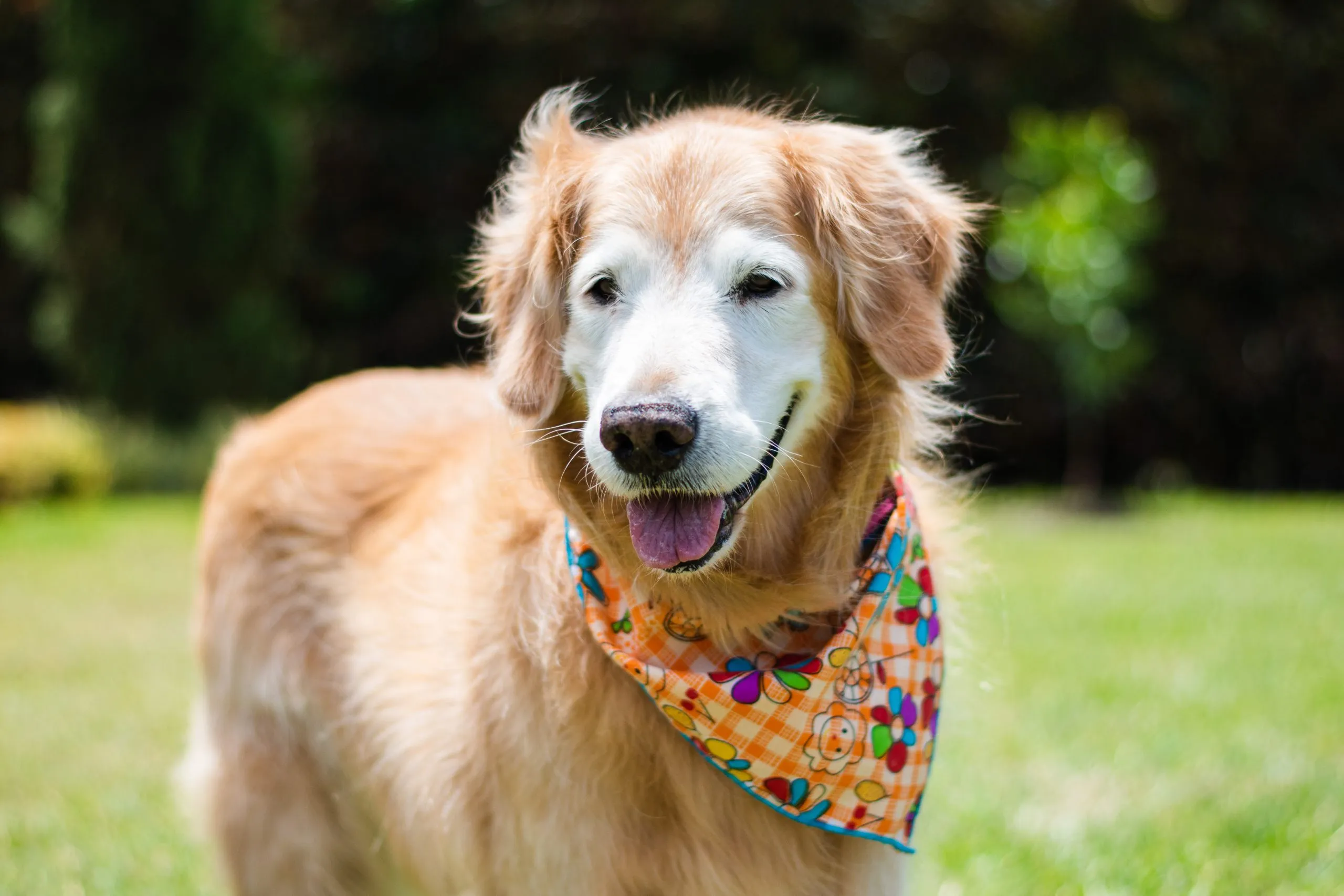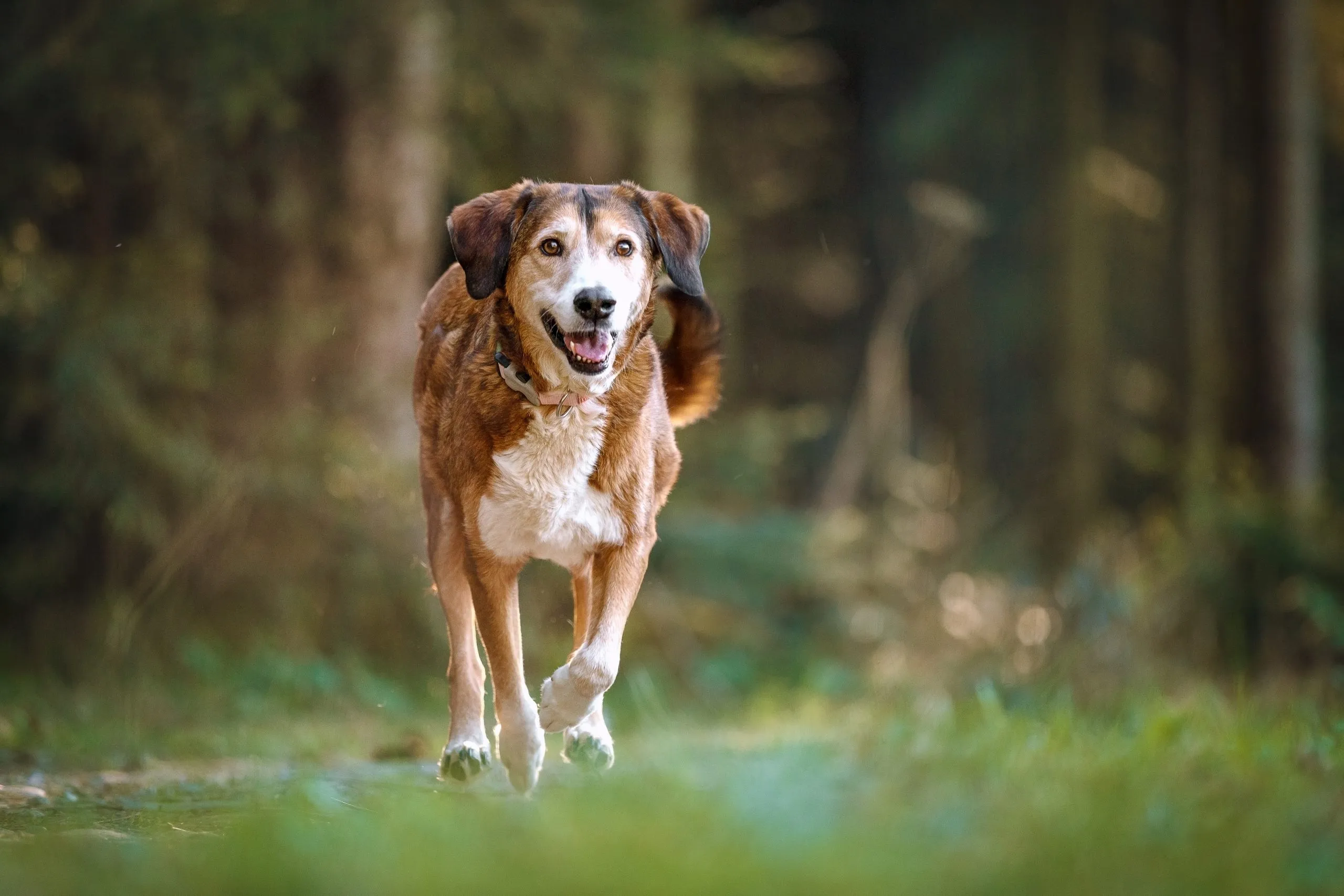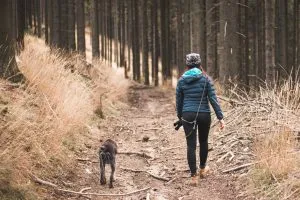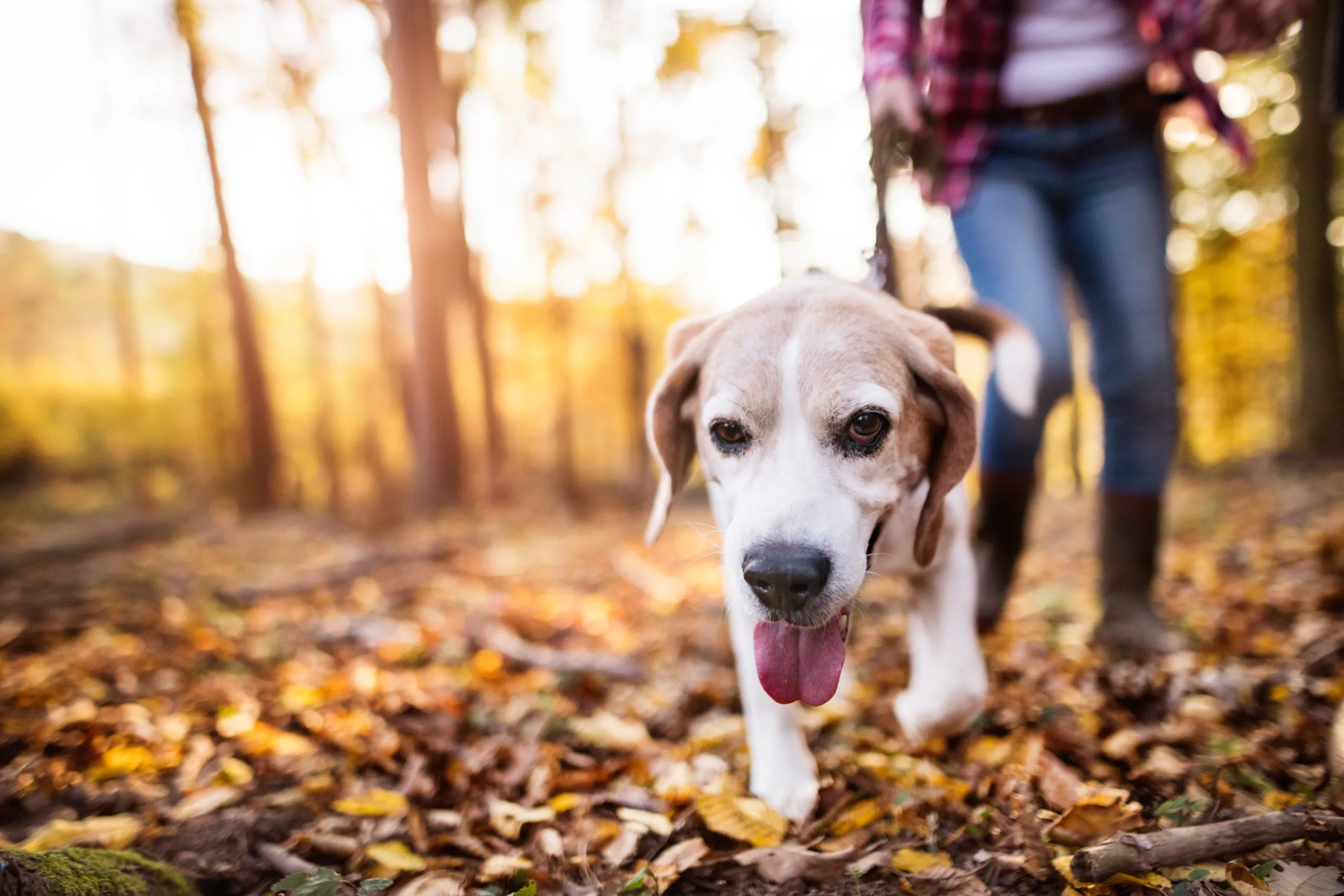Adopting a pet is a life-changing decision, and while puppies and kittens often steal the show, there’s a whole world of wonderful senior dogs waiting for loving homes. November is Adopt a Senior Pet Month, but any time is the perfect time to consider the unique joys of bringing an older dog into your life. Jamie Garabedian, Assistant Director of Operations at Northeast Animal Shelter (NEAS), an affiliate of the MSPCA-Angell, shares some compelling reasons to choose a seasoned companion.
The Unexpected Perks of Adopting a Senior Dog
One of the most significant advantages of opting for an older dog is that they often come pre-trained. Most are already housebroken and know how to walk politely on a leash. “Usually, if you’re adopting an older dog or cat, the likelihood is that they’re more acclimated to already living in a home setting and can settle in a little bit quicker than a puppy or a kitten could,” Jamie explains. This can be a huge relief for first-time pet owners or those with busy lifestyles. Consider adopting older dogs near me for a smoother transition into pet ownership.
 A senior dog with a gray muzzle sits patiently, looking attentively at the camera. The dog has a calm and gentle expression.
A senior dog with a gray muzzle sits patiently, looking attentively at the camera. The dog has a calm and gentle expression.
Beyond the practical benefits, there’s a deep sense of satisfaction in providing a loving home for a senior dog. Moving from a familiar home to a shelter environment can be incredibly stressful for animals. Offering a senior dog a second chance at a comfortable, stable life is an incredibly rewarding experience. “Senior pets get overlooked so often,” Jamie says. “It’s a lot more fulfilling to provide an older animal that might not get adopted as quickly as relief from being in a shelter and get them back into a home.”
Busting Myths About Senior Dogs
One common misconception is that senior dogs are problem pets that no one else wanted. This couldn’t be further from the truth. Often, owners are forced to give up their beloved companions due to circumstances beyond their control, such as illness, job loss, or even death.
Other myths surrounding senior dogs include:
- High Vet Bills: While senior dogs may require more frequent checkups, veterinary costs are a factor at any age. Proactive care can often help manage age-related issues.
- Untrainable: As mentioned earlier, many senior dogs are already trained. Even if they need a refresher, older dogs can still learn new tricks.
- Not Playful: Many senior dogs still enjoy playtime and can be surprisingly active.
 A close-up shot of a senior cat with white fur and tabby markings, looking directly at the camera with soft, expressive eyes.
A close-up shot of a senior cat with white fur and tabby markings, looking directly at the camera with soft, expressive eyes.
Perhaps the biggest myth is the fear of saying goodbye too soon. “I’ve heard many people say, ‘Oh, I don’t think I could do it. It’s so heartbreaking because senior pets aren’t around as long as young animals,'” says Jamie. However, life is unpredictable, and there are no guarantees about any pet’s lifespan. “It’s best to think of it this way: You’re helping to save a life – and because of you, that dog or cat is going to have a loving family and, ultimately, a happy retirement,” Jamie adds. You might even consider adopting an older golden retriever for a loyal companion in their golden years.
 An older dog with a graying muzzle running happily across a grassy field, ears flopping in the wind.
An older dog with a graying muzzle running happily across a grassy field, ears flopping in the wind.
Navigating the Challenges of Senior Dog Adoption
Adopting a senior dog does come with its own set of challenges. Separation anxiety can be a concern, especially as they adjust to a new home. Age-related health issues are also a possibility. “I honestly think the biggest challenge is knowing you’re not going to have as much time with them,” says Jamie. “There’s a mental preparation that you have to do when you’re adopting an older or senior pet: you need to realize – and accept – that you’re not going to get as much time with them as you would if you adopted a younger animal.” However, the love and companionship they offer can make the time you do have together incredibly meaningful.
Preparing Your Home for a Senior Dog
Before bringing a senior dog home, consider your lifestyle. Are you active, or do you prefer quiet evenings? Does your home have stairs that might be difficult for an older dog to navigate? “You want to look at the personality of the pet you’re thinking about adopting and making sure that the fit is right for you and your home environment,” says Jamie. Shelter staff can be invaluable in helping you find a dog that matches your lifestyle.
If you already have a dog, it’s essential to introduce them properly. “We always recommend bringing your dog to the shelter and at least doing an introduction here to see how that initial meet goes,” explains Jamie. Even after a successful introduction, take things slowly at home. Provide separate spaces for each dog and feed them separately until they adjust to each other.
Introducing a new dog to a cat requires even more patience. Keep them separated initially, allowing your new senior dog to adjust to a less stressful environment and your cat to get used to the idea of sharing their home. Gradual introductions are key to a smooth transition. Consider small dog breeds for seniors if you have a cat, as they may be less intimidating.
 An older dog with a graying muzzle sitting on a rock during a hike in the woods, looking towards the scenic view with a relaxed posture.
An older dog with a graying muzzle sitting on a rock during a hike in the woods, looking towards the scenic view with a relaxed posture.
Keeping Your Senior Dog Healthy and Happy
Regular veterinary care is crucial for senior dogs. “Discuss maintenance plans. If it’s a dog or cat that might have arthritis, maybe there are supplements you can take ahead of time,” says Jamie. Proactive management of health concerns can significantly improve your senior dog’s quality of life. Regular screenings, including bloodwork, urinalysis, physical examinations, and dental examinations, are essential. You may even find senior dogs up for adoption that have already had these screenings.
Exercise is also vital, even if your senior dog can’t handle long runs. “An older dog might not need as many walks, but they still need a walk to let them work off excess energy and experience the outdoors, including sniffing the world around them,” says Jamie. Sniffing is particularly important for senior dogs, as it provides mental stimulation and helps them process information.
 A woman petting a senior dog.
A woman petting a senior dog.
Mental stimulation is just as important as physical exercise. Introduce new toys, provide puzzle feeders, and engage in gentle play sessions.
 A cat with tabby markings lying on its back, playfully batting at a feather toy held by a person out of frame.
A cat with tabby markings lying on its back, playfully batting at a feather toy held by a person out of frame.
Ready to Open Your Heart and Home?
Adopting a senior dog is a unique and rewarding experience. You’ll be giving a deserving animal a second chance at a happy, comfortable life, and you’ll gain a loyal and loving companion in return.
